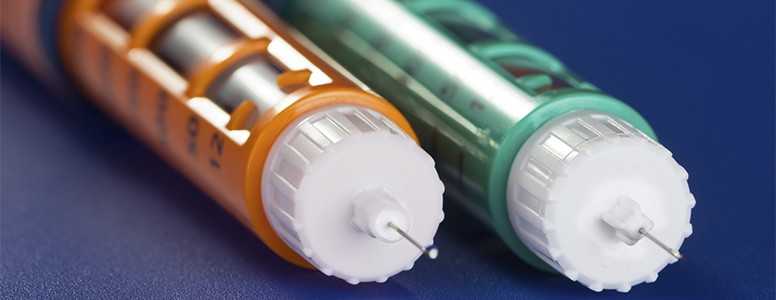A pioneering insulin delivery device is being developed which will be “less intrusive” for people with type 1 diabetes.
Type 1 diabetes charity JDRF has announced a partnership with medical technology company SFC Fluidics to make a single pod automated insulin delivery (AID) device with a single entry point.
The innovative product will deliver insulin automatically and allow people to measure their glucose levels accurately. A continuous glucose monitor (CGM) and an algorithm will be integrated into a single pod that can be disposed of every three days.
At the moment similar insulin pump and CGM technologies pierce the skin in two locations, so this single entry port would limit the skin intrusion for patients.
JDRF believes their two-year funding for the device will help improve treatment options and lower the burden of managing type 1 diabetes.
“Our partnership with SFC Fluidics will help the development of devices that are easier to wear, therefore making diabetes therapies less intrusive for daily use and giving everyone with type 1 greater choice,” said JDRF’s senior research communications manager Angela Wipperman.
“We know people with type 1 diabetes, especially children and young adults, can find existing technology cumbersome and painful to insert. A device that would require piercing the skin in just one place would be a positive change for those already using wearable devices, and could help more people who could benefit from this technology consider it as an option.”
As part of the funding commitment, SFC will pursue the development of a next-generation AID that integrates all components into a disposable, miniaturised device.
Anthony Cruz, chief executive officer (CEO) of SFC Fluidics, added: “SFC’s unique pumping technology allows for an integrated AID system that will offer people with type 1 diabetes an improved lifestyle. With our partnership with JDRF, we will bring new and innovative solutions to the diabetes community.”
What's new on the forum? ⭐️
Get our free newsletters
Stay up to date with the latest news, research and breakthroughs.





